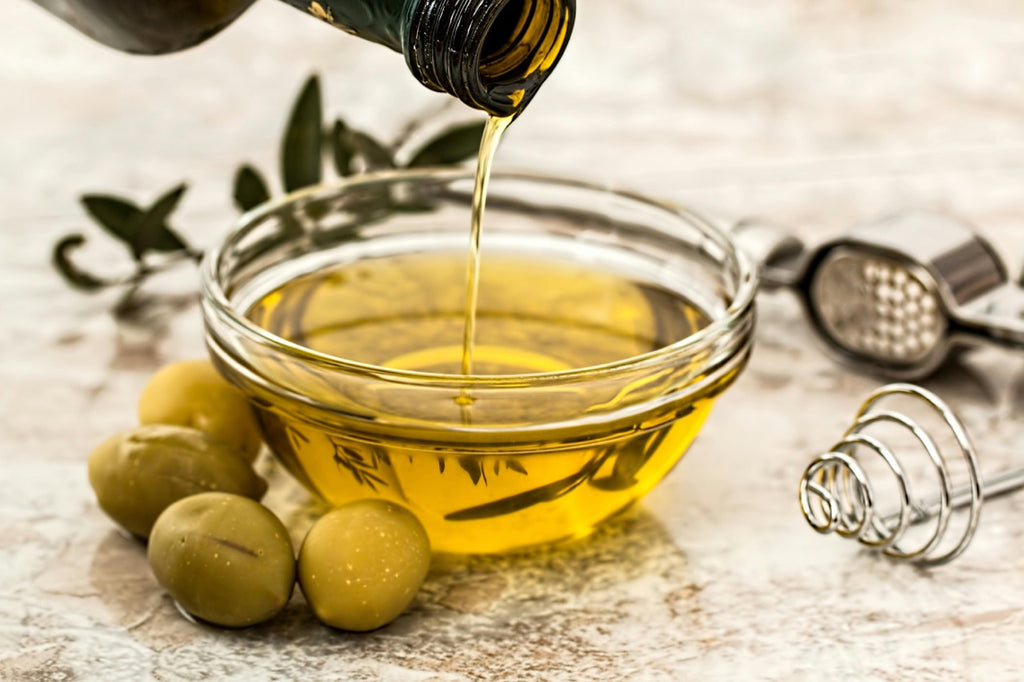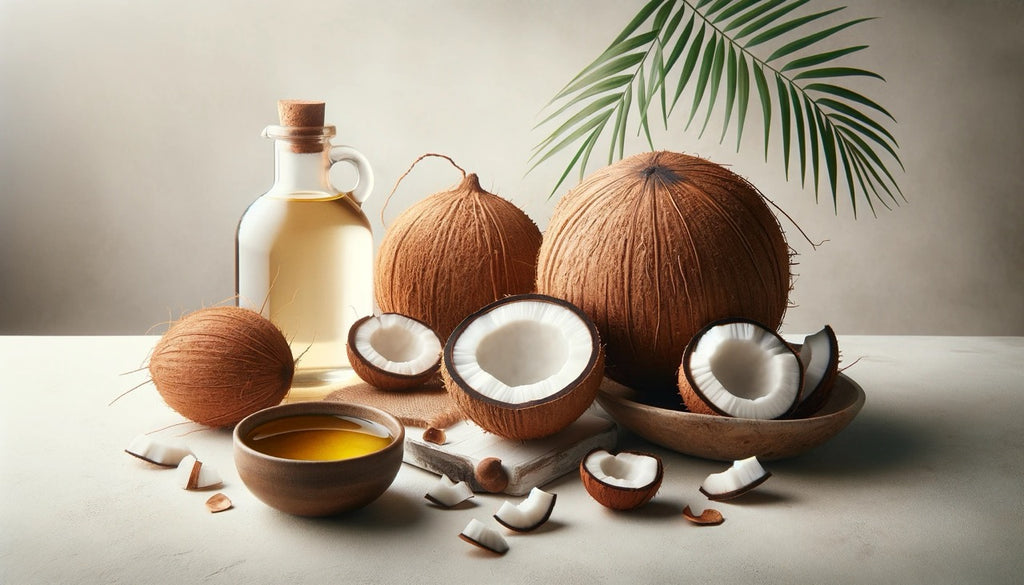 Choosing the right CBD oil for you involves understanding the distinct characteristics and benefits of Broad Spectrum and Full Spectrum CBD oils, as well as the importance of carrier oils.
Choosing the right CBD oil for you involves understanding the distinct characteristics and benefits of Broad Spectrum and Full Spectrum CBD oils, as well as the importance of carrier oils.
Understanding full spectrum CBD oil
To effectively compare these types of CBD oil, we first need to understand what they entail. Our full spectrum CBD oil is packed with all the natural compounds found in the hemp plant. This includes various cannabinoids, terpenes, flavonoids, and also THC, below the legal limit of 0.2%
The holistic blend in full spectrum CBD oil sets the stage for the "entourage effect". This theory suggests that cannabinoids and terpenes can work synergistically, boosting the overall effects of the CBD oil. Some researchers believe that the inclusion of THC, even in minor amounts, may enhance this entourage effect, thereby potentially increasing the therapeutic value of Full Spectrum CBD oils.
Decoding broad spectrum CBD oil
Broad Spectrum CBD oil, on the other hand, includes a broad range of cannabinoids and terpenes but without any THC. As with Full Spectrum, the presence of various cannabinoids and terpenes can also create an entourage effect to some extent.
The absence of THC in Broad Spectrum CBD oil can be a major draw for those who want to avoid any potential psychoactive effects or have concerns about drug tests at their workplace. Despite excluding THC, Broad Spectrum CBD oil still offers a host of potential benefits attributed to other cannabinoids and terpenes.
The role and importance of carrier oils in CBD oils
When it comes to CBD oil, the cannabinoid itself isn't the only player. An often-overlooked but essential part of CBD oil is the carrier oil, also known as the base oil. Understanding the role and impact of carrier oils is crucial.
Carrier oils, as their name suggests, carry CBD to the user. Because CBD is a fat-soluble compound, it needs to be combined with a fat source to be efficiently absorbed in the body through the skin.
Here's where carrier oils come into play. They not only improve the bioavailability of CBD but also preserve the cannabinoid and provide a medium for application. The choice of carrier oil can influence the oil's aroma, consistency, and shelf-life, potentially affecting the overall user experience.
Hempseed oil as a carrier

Hempseed oil, derived from the seeds of the hemp plant, is a common carrier oil for CBD products. It has a slightly nutty aroma, which some users may find pleasing, while others may prefer a more neutral aroma.
One of the benefits of hempseed oil is that it comes from the same plant as CBD oils. This attribute can contribute to the entourage effect, where the various compounds in cannabis, including cannabinoids and terpenes, synergistically enhance each other's effects.
Hempseed oil is also rich in omega fatty acids and antioxidants, providing additional health benefits. It's a suitable choice for topical applications due to its skin-nourishing properties.
However, hempseed oil has a relatively short shelf life compared to other carrier oils, which could be a drawback for some users. It's also not as effective as some other carriers at increasing the bioavailability of CBD.
Olive oil as a carrier

Olive oil is another popular choice for CBD carrier oils. It has a stronger aroma than hempseed oil, which can be a pro or a con, depending on individual preferences.
Olive oil is known for its health benefits, including high levels of heart-healthy monounsaturated fats and antioxidants when applied to the skin. It also has a longer shelf life than hempseed oil.
On the downside, olive oil is not as efficient at carrying CBD as some other oils due to its lower fat content. Furthermore, its distinct aroma might not mesh well with the natural aroma of CBD for some users.
MCT oil as a carrier

MCT oil, or medium-chain triglyceride oil, is derived from coconuts or palm kernels. It's an increasingly popular choice for CBD carrier oils, and for good reasons. It is the recommended carrier oil for anyone trying our CBD oils for the first time.
MCT oil is nearly aromaless, allowing the natural aroma of CBD to shine through. It also has a high fat content, which can improve the bioavailability of CBD, meaning more of the cannabinoid may be absorbed and utilized by your body.
Another benefit of MCT oil is its potential for quick energy release, given that your body processes MCTs more efficiently than long-chain triglycerides found in other fats.
Our MCT oil products come in four aromas: natural, orange, strawberry and vanilla.
Our customers consistently share positive experiences with our products, highlighting their high quality and effectiveness without reporting any side effects. We recommend beginning with a lower concentration and tailoring it to your needs and preferences for the best results.
The choice between Broad Spectrum and Full Spectrum CBD oils depends on your THC tolerance and desired benefits. Carrier oil selection, particularly MCT oil, can significantly affect the absorption and experience of CBD, making it a crucial factor in your decision.

